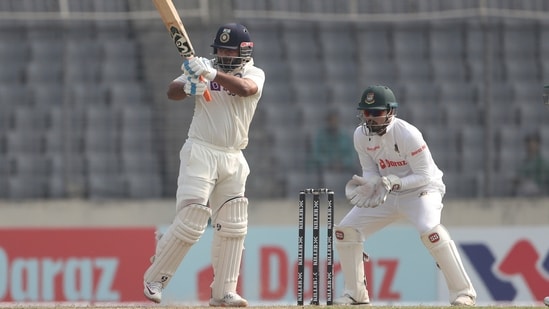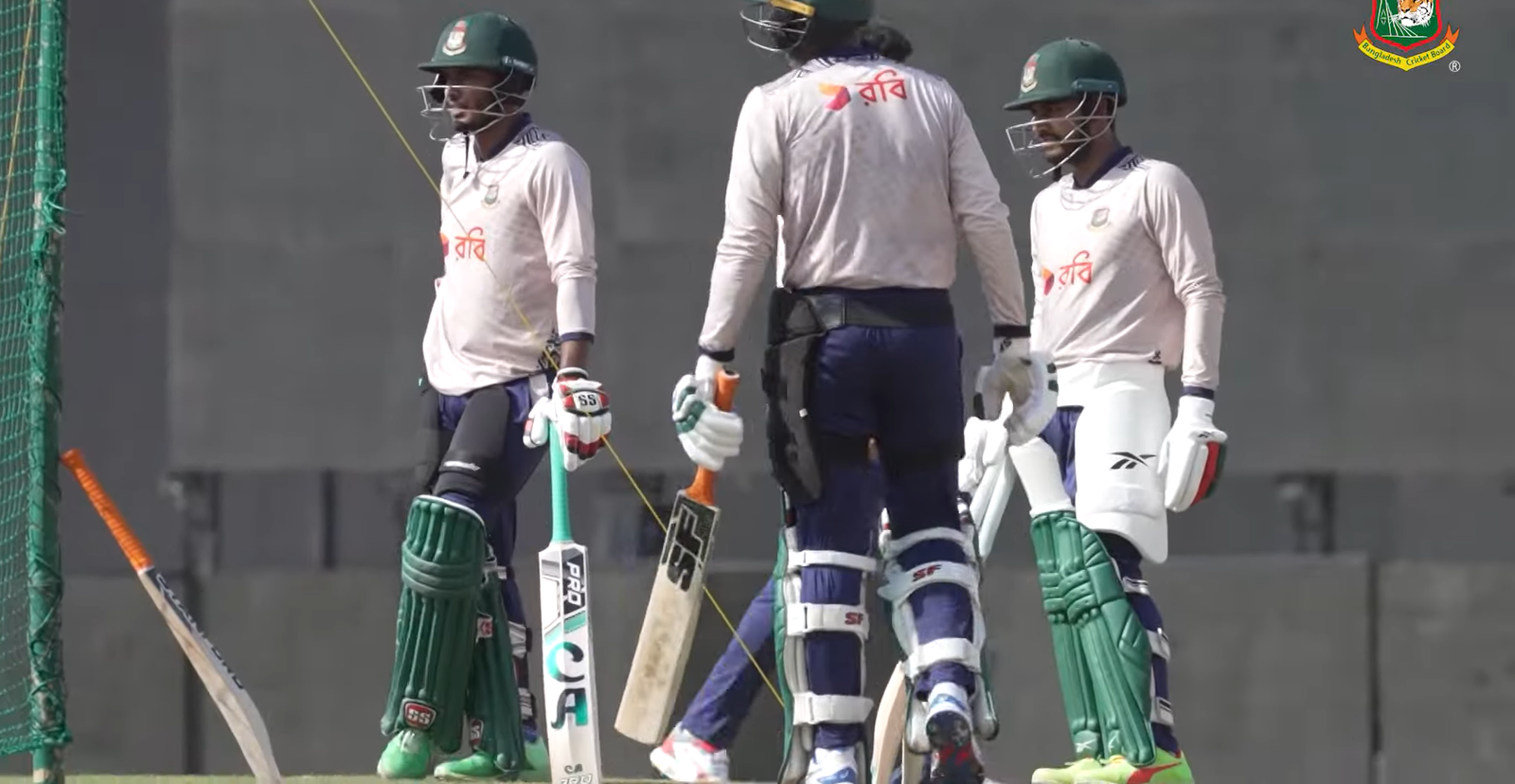The much-anticipated cricket match between India and Bangladesh, scheduled to take place in Gwalior, has sparked significant controversy and protests. The opposition against the match is fueled by a variety of reasons ranging from local political dynamics to practical concerns about the disruption of daily life for residents. With growing unrest and protests, the local administration is taking no chances and has decided to fortify the stadium with extensive security measures to ensure a peaceful event. In this comprehensive article, we will explore the root causes of the opposition, the security measures being taken, and the public sentiment surrounding the match.

Causes of Opposition to the India vs Bangladesh Match
The opposition to the India vs Bangladesh match in Gwalior stems from multiple issues, many of which go beyond the realm of sports. Several social, political, and logistical concerns have been raised, leading to the widespread protests. Let’s break down the primary reasons behind this unrest:
- Political Agendas Local political groups have taken the opportunity to voice their dissent against the match, framing it as a symbol of misplaced priorities by the authorities. These groups argue that, in a city grappling with issues like inadequate infrastructure, unemployment, and poor public services, hosting a high-profile cricket match is an unnecessary extravagance. The funds and resources being allocated for the event, according to these groups, should instead be directed toward addressing the real problems faced by the citizens of Gwalior. By opposing the match, these groups aim to bring attention to the socio-economic challenges the city is facing.
- Disruption to Daily Life Residents living near the stadium and surrounding areas have expressed concerns about the severe disruptions the match will cause to their daily routines. The influx of thousands of spectators, combined with road closures, traffic diversions, and the increased security presence, is expected to bring the city to a standstill. Schools, offices, and businesses in the vicinity are likely to be affected, with local transportation and essential services also facing significant disruptions.
- Traffic Chaos One of the most pressing concerns raised by opponents of the match is the expected traffic congestion. Gwalior, like many Indian cities, already faces heavy traffic on normal days, and with the added pressure of thousands of vehicles heading toward the stadium, the situation could become unmanageable. Many fear that emergency services, such as ambulances and fire trucks, may find it difficult to navigate through the traffic, leading to safety concerns in case of any emergencies during the event.
- Security Threats In the current climate of heightened security concerns across the country, many protestors are also worried about the potential for violence or security threats during the match. Large gatherings, such as high-profile cricket matches, can be attractive targets for terrorist activities, and the fear of such an attack has led to calls for either postponing or canceling the event. Some groups have warned that the protests could escalate into violent clashes with the authorities, further increasing the risk of disorder during the match.
- Environmental Concerns Environmental activists have also joined the protests, citing concerns about the ecological impact of hosting a large-scale event like a cricket match. They argue that the influx of people, vehicles, and waste will lead to pollution, affecting the local environment. Additionally, the increased use of electricity and other resources for the match could put a strain on the city’s already limited infrastructure. These activists are demanding that more environmentally sustainable practices be implemented if the match is to go ahead.
Security Measures in Place for the Match
In response to the growing opposition and concerns about security, the local administration has put together a robust security plan to ensure that the India vs Bangladesh match proceeds without any major incidents. The authorities are leaving no stone unturned when it comes to ensuring the safety of the players, spectators, and local residents.
- Heavy Police Deployment The Gwalior police force, in coordination with state and central security agencies, has prepared for a massive deployment of personnel in and around the stadium. Hundreds of officers, including special forces, riot control units, and intelligence personnel, will be stationed at key points to monitor the situation. These officers will ensure that the protests do not turn violent and that the match goes ahead smoothly. Security checkpoints will be established at various entry points, with thorough screenings of everyone entering the stadium.
- High-Tech Surveillance A network of high-definition CCTV cameras has been installed inside and outside the stadium to keep a close watch on the proceedings. These cameras will provide real-time footage to a central command center, where law enforcement officers will monitor the situation closely. Drones will also be used to provide aerial surveillance of the area, helping authorities keep track of large crowds and any potential disturbances. These advanced surveillance systems will play a crucial role in preventing any untoward incidents from escalating.
- Traffic Management and Crowd Control The administration has developed an extensive traffic management plan to handle the influx of vehicles expected on the day of the match. Major roads leading to the stadium will be closed to regular traffic, and special routes will be designated for match attendees. Parking areas have been set up away from the stadium to avoid congestion near the venue, and shuttle services will be provided to ferry spectators to and from the stadium. In addition, a large contingent of traffic police officers will be deployed to manage the flow of vehicles and prevent bottlenecks.
- Coordination with Intelligence Agencies Given the potential security risks associated with a high-profile international cricket match, the local administration is working closely with state and national intelligence agencies. These agencies are providing regular updates on potential threats, and contingency plans have been developed to respond to any emergencies. Bomb squads, sniffer dogs, and anti-terrorism units will be on standby throughout the event, ready to act in case of any suspicious activity.
- Medical and Emergency Services A dedicated team of medical professionals, including doctors, paramedics, and ambulances, will be on site to respond to any medical emergencies. In addition, fire trucks and other emergency response vehicles will be stationed at key locations to handle any fire hazards or accidents. The administration has also coordinated with local hospitals to ensure that they are prepared to handle any surge in patients resulting from the match or the protests.
Public Sentiment: Divided Opinions on the Match
- Cricket Fans For cricket enthusiasts, the prospect of watching a live international match in their city is a once-in-a-lifetime opportunity. Fans from all over Gwalior and nearby regions are eagerly anticipating the chance to see Indian and Bangladeshi players battle it out on the field. Many fans believe that the match will bring positive attention to the city, showcasing Gwalior as a capable host for major sporting events. In their view, the benefits of hosting such a prestigious match far outweigh the temporary inconveniences it may cause.
- Local Businesses Many local businesses, especially those in the hospitality and retail sectors, are looking forward to the economic boost that the match is expected to bring. Hotels, restaurants, and shops are likely to see a surge in customers as cricket fans from other cities flock to Gwalior for the event. For business owners, the match represents an opportunity to recover from the economic downturn caused by the COVID-19 pandemic and increase their revenue.
- Neutral Citizens However, not everyone in Gwalior is thrilled about the match. A significant portion of the population is concerned about the disruption it will cause to their daily lives. These neutral citizens understand the excitement surrounding the match but worry about traffic, noise, and security issues. Many of them are hoping that the administration’s security measures will be effective in minimizing these disruptions and allowing the event to proceed without any major problems.
Conclusion: The Challenge of Balancing Excitement with Security
The India vs Bangladesh match in Gwalior has become a focal point of both excitement and controversy. While cricket fans are eagerly looking forward to the match, the opposition has raised valid concerns about security, traffic, and public safety. The local administration’s efforts to implement tight security measures reflect the seriousness with which they are addressing these concerns.
As the match day approaches, it remains to be seen whether the protests will intensify or subside. The success of the event will depend on the administration’s ability to strike a balance between ensuring the safety of all involved and minimizing the disruptions to the city’s daily life. If all goes according to plan, the match could be a memorable event that brings joy to cricket fans while also showcasing Gwalior’s potential as a host for major international sporting events.
4o

Average Rating